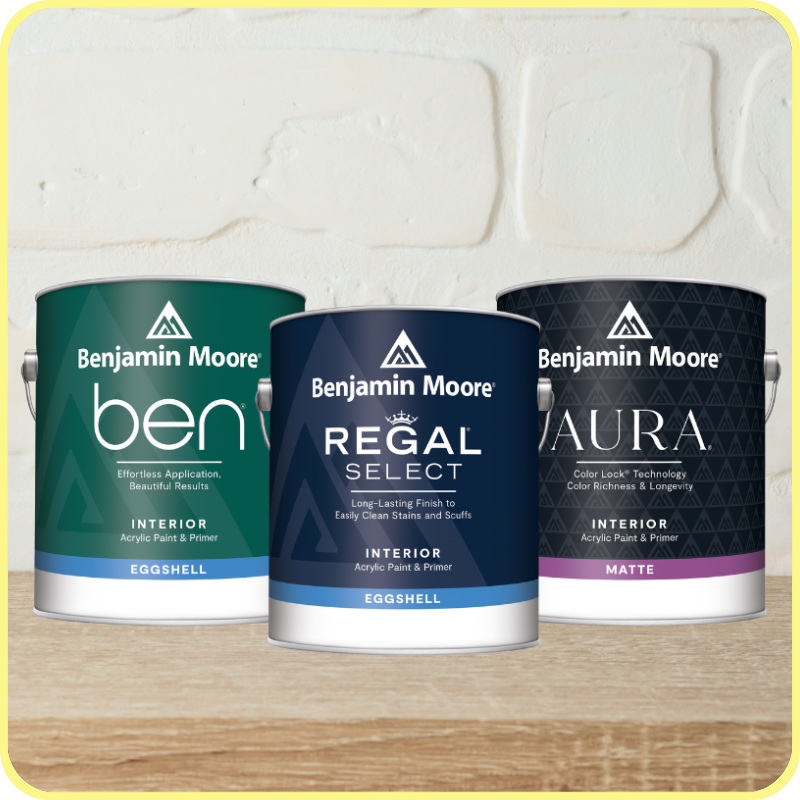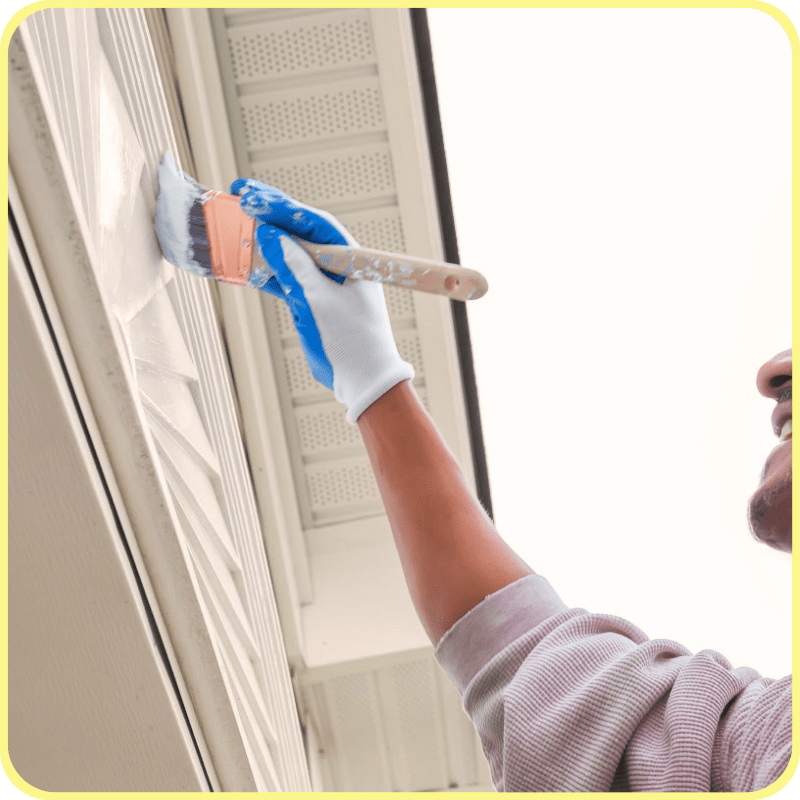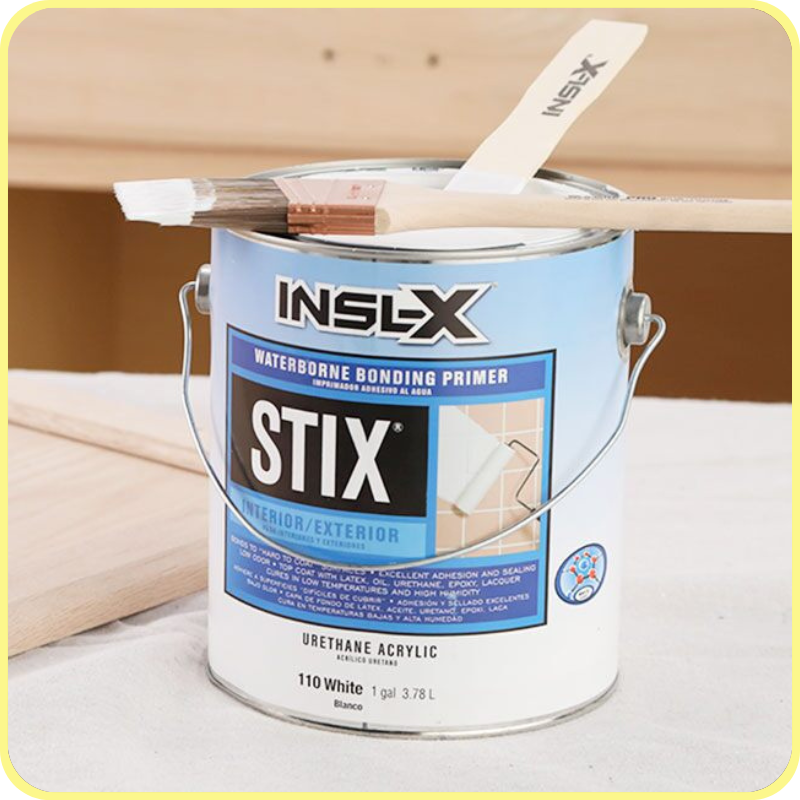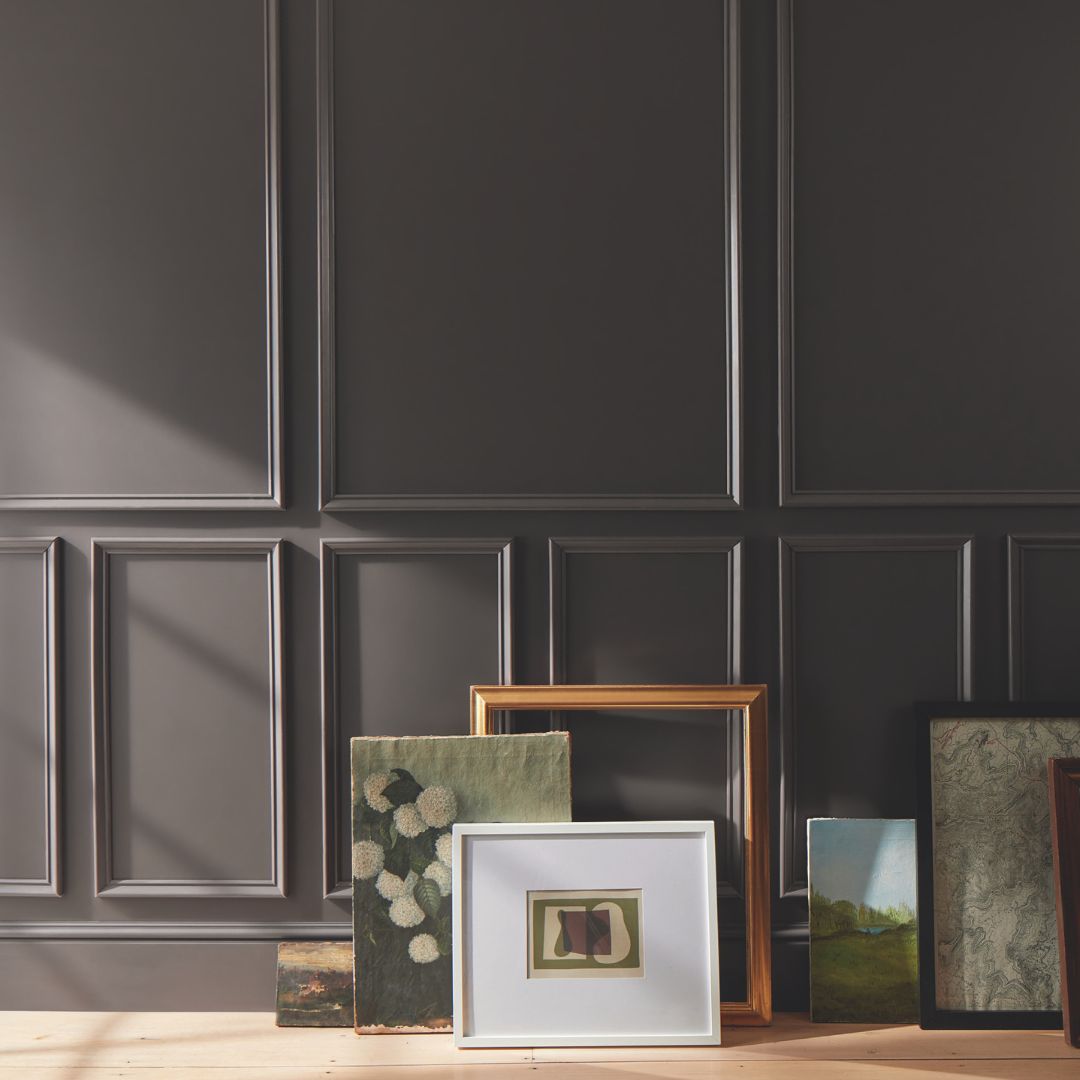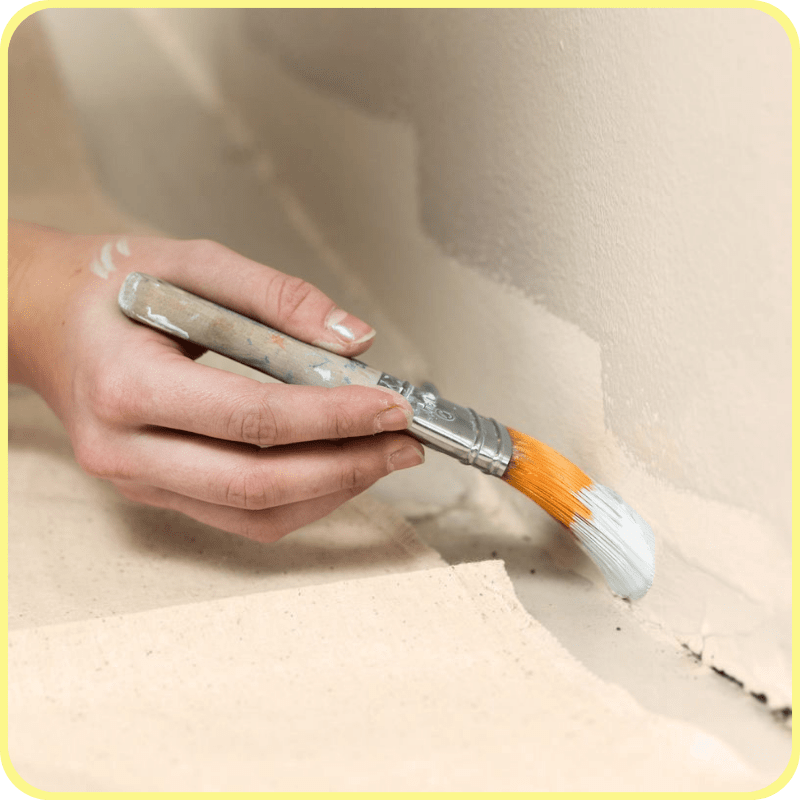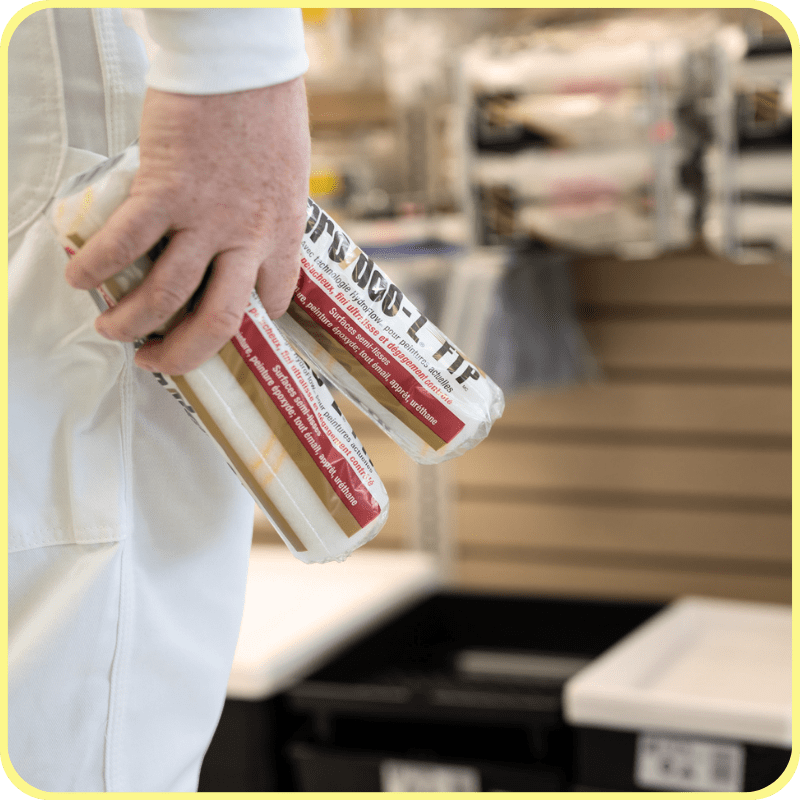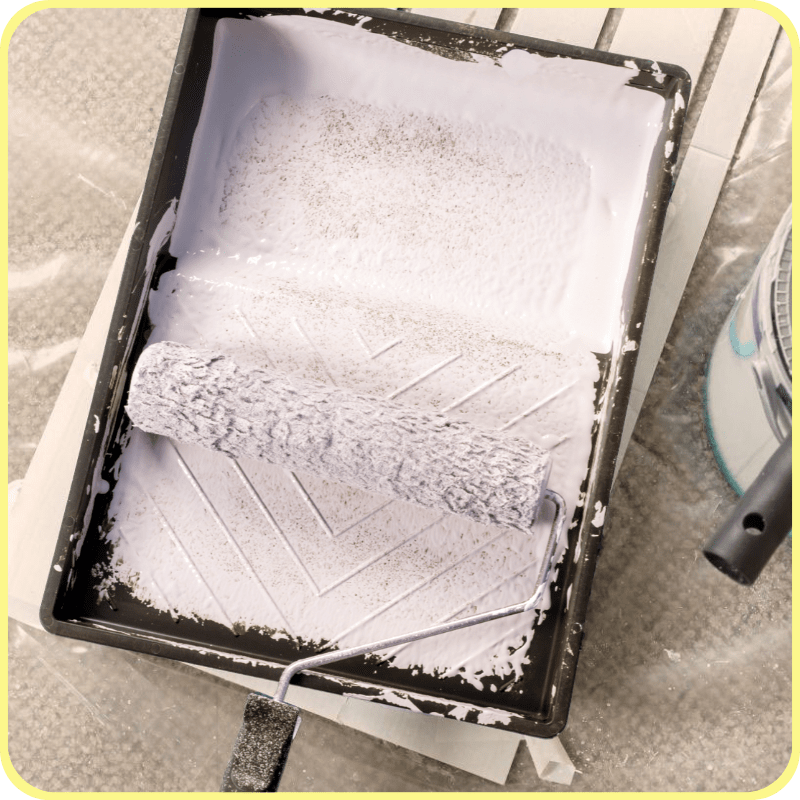When it comes to home improvement, few things are as frustrating as a poorly blended patch that draws attention instead of disappearing. A smooth, invisible patch can be the difference between a wall that looks flawless and one with a noticeable repair. But don’t worry—with the right approach, you can patch and repair your walls like a pro. Southwestern Paint in Houston is here to share essential steps and tips for ensuring your patchwork blends perfectly with the surrounding wall.
1. Start with a Clean Surface
Preparation is key to a seamless repair. Begin by wiping down the wall to remove any dust or dirt. For holes or cracks, use a putty knife to scrape away any loose debris around the damaged area. A clean, stable surface will help the patch adhere better and blend more smoothly.
2. Apply Thin Layers of Spackling Compound
When patching, patience makes all the difference. Instead of applying a thick layer of spackling compound, it’s better to use multiple thin coats. Apply each layer smoothly, allowing it to dry fully before adding the next. This method prevents overfilling and allows for easier sanding. Small patches may dry within a few hours, but larger areas may need overnight drying.
3. Sand the Patch and Surrounding Area
This is where the magic happens! After the final layer has dried, sand both the patch and the area around it. Feathering out the edges helps blend the patch into the surrounding wall texture, making it less noticeable. Start with a coarser grit sandpaper (like 120-grit) and finish with a finer one (220-grit) for the smoothest results.
4. Prime Before Painting
A quality primer is essential for achieving a seamless finish. Benjamin Moore’s Fresh Start High-Hiding Primer offers excellent coverage and provides a consistent base, ensuring your final coat of Benjamin Moore paint will look uniform over the patch. This step is crucial, as it prevents the patched area from standing out against the rest of the wall.
5. Use a Roller, Not a Brush
For the best finish, always use a roller rather than a brush. A roller provides a stippled effect that matches the texture of most walls, allowing light to reflect more evenly and preventing the patched area from appearing shinier or different in color. Even a small roller can make a big difference in achieving a professional look.
6. Choose the Right Paint Sheen
The sheen of your paint affects how much imperfections show. Matte or eggshell finishes are more forgiving for patched areas, as they minimize light reflection and blend more naturally with the wall surface. High-gloss or semi-gloss paints, on the other hand, tend to highlight any texture inconsistencies.
7. Inspect in Different Lighting
Once your paint has dried, inspect the wall under various lighting conditions. What looks perfect in daylight might stand out under artificial light, so be sure to check the patch in multiple settings. If needed, consider repainting a slightly larger area to better blend the patch into the surrounding wall.
In Conclusion
Patching and repairing walls is all about attention to detail. By following these steps and using quality Benjamin Moore paint products, you can achieve a flawless finish that makes your wall look as good as new. At Southwestern Paint in Houston, we understand the importance of a pristine home. With the right tools, techniques, and a bit of patience, you’ll have walls that show no signs of repair. Happy painting!
For more expert advice and to explore our full range of Benjamin Moore paints, visit Southwestern Paint. We’re here to help make every project a success!

